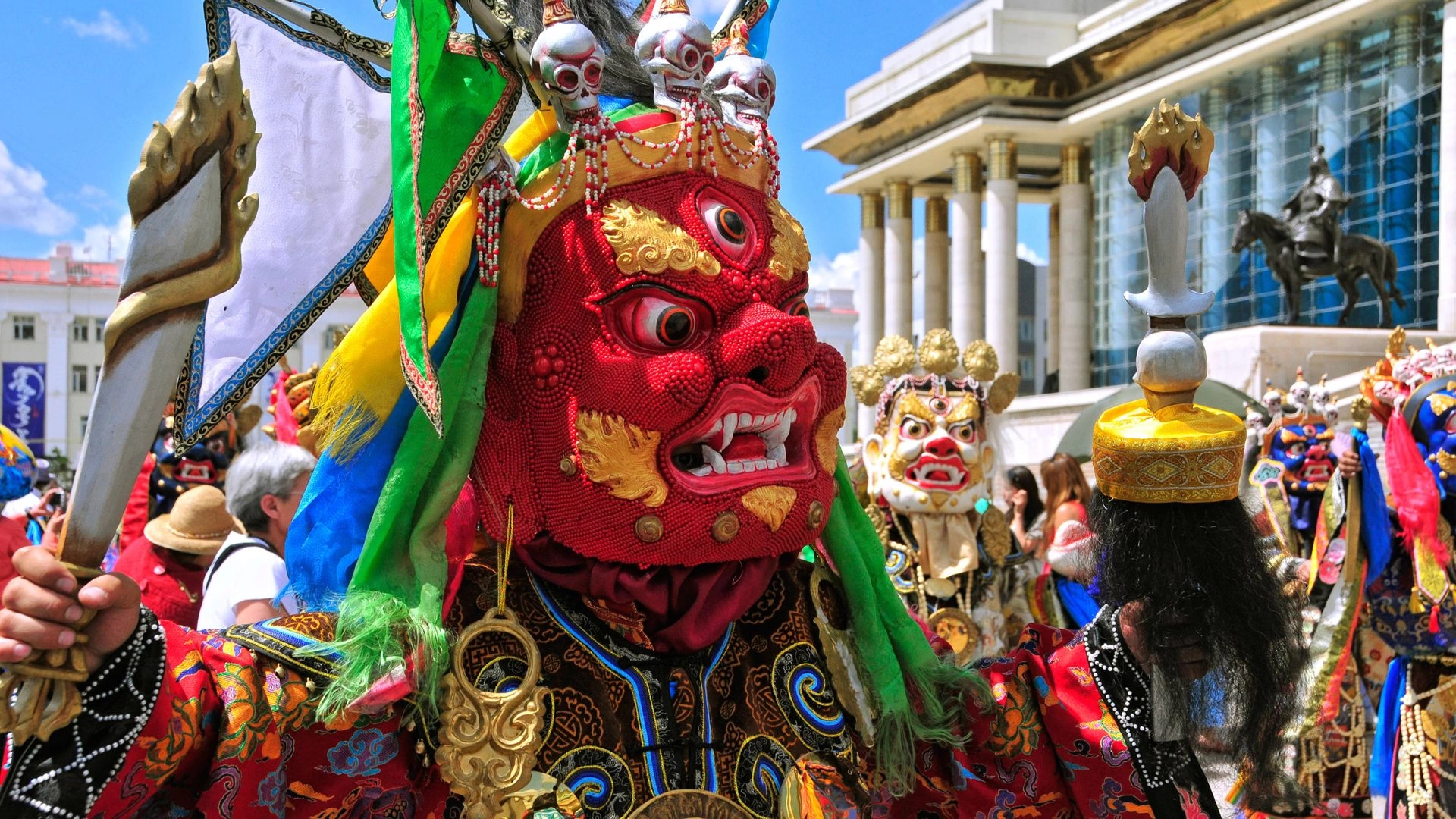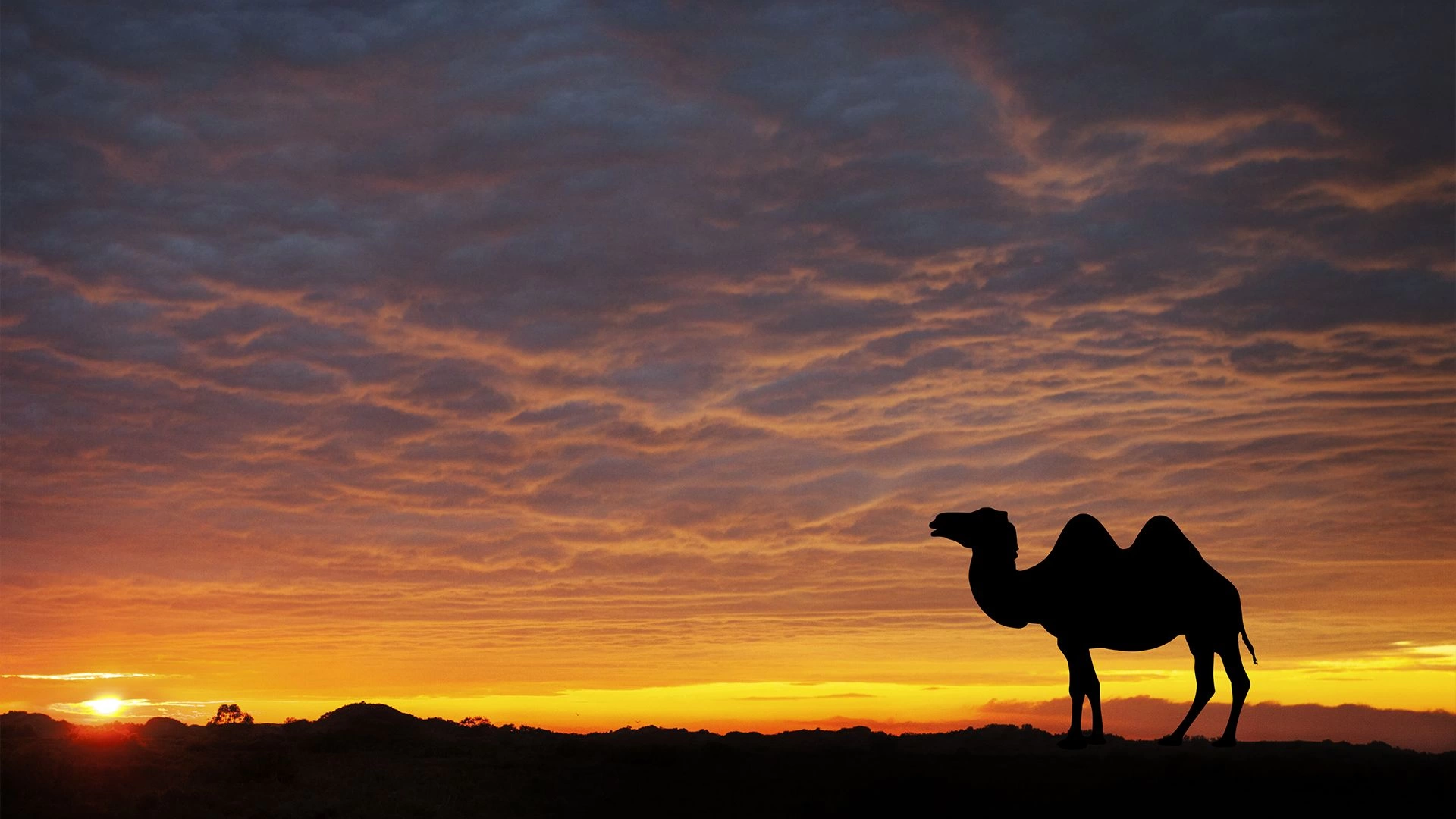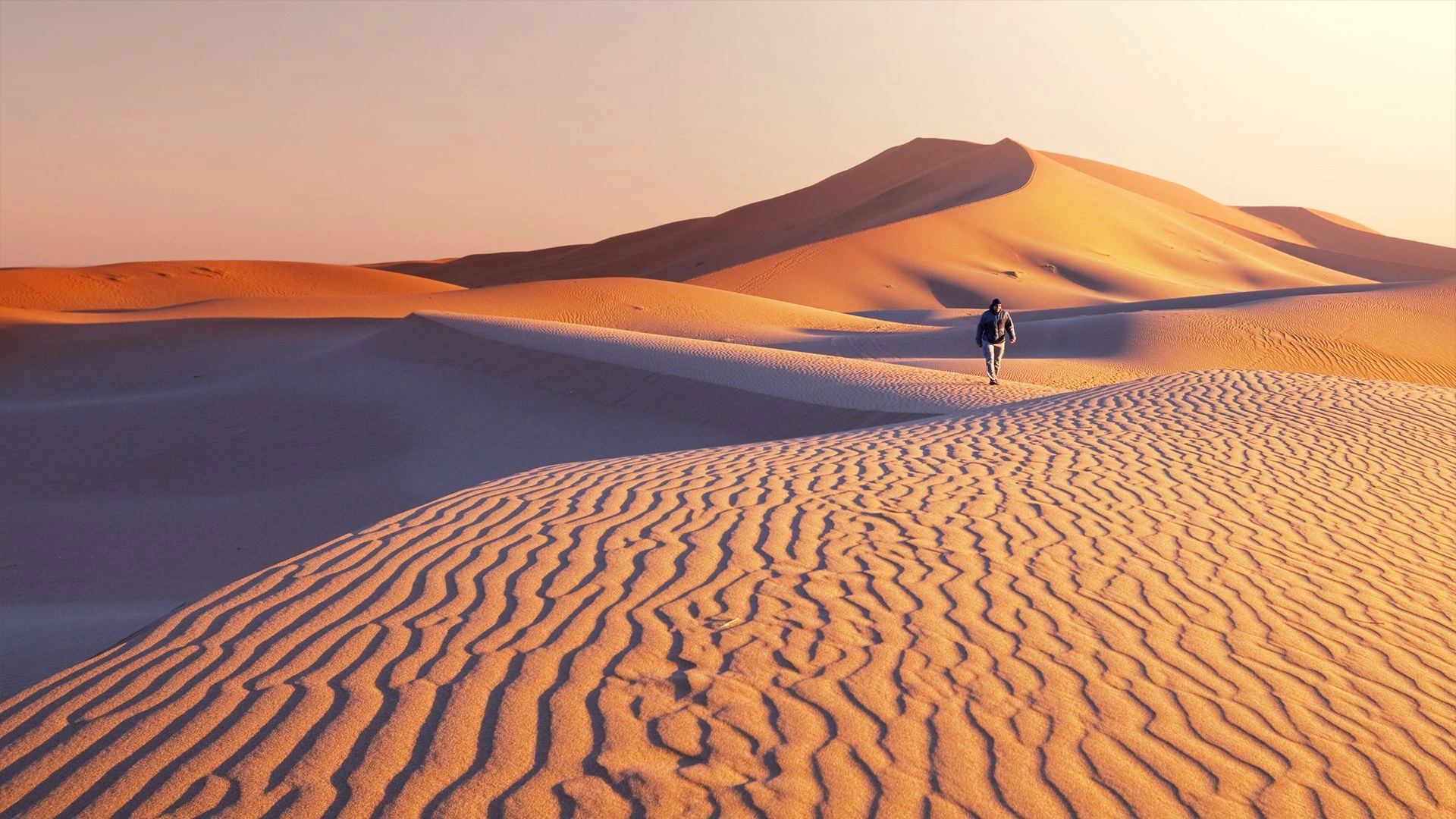Is Mongolia safe?
Is Mongolia safe?
Mongolia is probably one of the safest places on earth. Even during the collapse of the communist regime, Mongolia’s revolution was a peaceful one. In the city, when you go out at night, we recommend you take a taxi unless you are staying in the central part of town, due to increase in public drunkenness. In very crowded areas, including the Black Market and the Naadam festival, there is a lot of pick pocketing, so it is better not to carry any non-essential valuables and to put your cash in a money belt or pouch inside the waistband of your trousers or a zipped inside pocket. Violence is rare except in and around inexpensive bars, where you should not venture unless you are in the company of Mongolians who know the establishment well.
Is it safe to travel in Mongolia?
Adventure travel, by its very nature, always involves a degree of risk taking. Travel to remote areas involves risks and dangers including the forces of nature, poorly maintained roads, trails, hotels, and vehicles which are not operated or maintained at high standards. Tracks and trails are unmarked. Extreme weather changes may occur. While it is rare, you may get injured or sick where rapid evacuation may not be possible, and where medical facilities or medications may be of poor quality or inaccessible. You may over-exert yourself or find conditions for which you are not prepared. Participating in adventure travel takes us to remote places of great beauty, unique cultures, and little discovered natural, historical, and archeological wonders. The enjoyment and excitement we seek in adventure travel takes us far from the safety and comforts of the organized, regulated, accident-proofed developed world.
Mongolian Ways strives to make adventure travel as safe as is practically possible. All of our guides and staff complete Red Cross recognized First Aid training programs, and all guides and trip leaders have completed an essential guiding skills program focused on safety and client care. All of our drivers are experienced countryside drivers and have annual refresher courses in safe driving skills and accident prevention. In trips to remote areas, our guides are equipped with satellite phones and GPS units to assist us in locating your group and providing assistance or evacuation in case of an emergency. We maintain regular contacts with emergency evacuation services including helicopter and small plane charter companies and emergency medical service providers in Ulaanbaatar. Safety is the first concern we have in the planning and preparation of each and every trip, and we have contingency plans for bad weather, vehicle breakdowns, and other unexpected events. Senior office staff have many years of experience in leading expeditions to remote places and have traveled independently throughout Mongolia in all weather conditions. At all times, our Ulaanbaatar based staff is available to resolve problems and assist in emergency situations, and will work with your guide or trip leader to ensure all efforts are made to provide timely, adequate assistance.
Is travel in Mongolia difficult?
Yes, travel in Mongolia is demanding, and the infrastructure and services are often poor. We prefer to prepare you for the worst possible conditions and have you be pleasantly surprised than to downplay the difficulties of travel. Some of our trips offer a greater degree of comfort and better facilities than others. If you have any doubts about whether you will enjoy the conditions of travel or the quality of accommodation, restaurants and transportation, consult us and we will give you unbiased advice about whether our trips are right for you. We cannot make a general recommendation, as we have had clients of under 10 years old and over 80 years of age join many of our challenging trips, and they have unreservedly enjoyed the experience. If you are eager for new and unusual experiences and are reasonably fit, then almost any of our adventures will be a unique experience, whatever your age. If you have already traveled to less developed parts of the world, you will know what to expect. Again, please ask our advice. We would rather have you decline to travel with us than you be unhappy on the trip.
What advice do you have for women travelers?
Mongolians, both men, and women, are a relatively modest people, and most people outside of the capital do not wear very revealing clothing, although they are now used to seeing foreigners in shorts at many of the more visited places in the countryside. However, you will want to wear trousers or a skirt covering at least your knees to avoid being stared at in some rural areas, and also to enter monasteries. That said, shorts are perfectly acceptable while hiking and/or trekking and you should bring a bathing suit for swimming in the summer. Mongolia has a limited range of feminine hygiene products, particularly in the countryside, so it is best to bring your own. Mongolia is a very egalitarian society, and women are treated with respect, courtesy, and friendliness.
It's my first camping adventure tour. What can I expect?
Many travelers on their first extended wilderness trip are uncertain about where they will be able to wash, use the bathroom, etc. and whether or not they will be able to handle ‘roughing it’ in the great outdoors. Rest assured, many first-time campers have been on extended wilderness trips in Mongolia and found it easy to adjust, if not outright liberating. Your guide will let you know at each stop what the arrangements are for washing, using the toilet, cooking and so on.
Are your trips suitable for travelers over 55?
We find that many of our travelers over 55 are fitter and more prepared for adventure travel than some of our younger travelers! If you are reasonably active and take regular exercise, it is likely you will be able to participate in any of our regular trips. Some of our trips are designed around cultural experiences and are less physically demanding. If you or a travel companion have doubts about taking a more challenging trip, please ask us to work with you to plan your trip to accommodate your needs.
Can I eat the local food?
The local diet is based on meat during the winter and milk products during the summer. Mongolians also eat a lot of dishes made with rice, noodles or dough of some sort. Meat is always well-cooked, and most of the milk is pasteurised during the production process. If you have any doubts, consult your guide. Local food tends to be greasy or fatty and, although root vegetables are common, you will encounter few greens or fruits. The most commonly experienced stomach disorder is slight constipation, rather than diarrhea. If you regularly eat lots of fibre, we recommend that you bring a powdered fibre drink or similar with you as a supplement.
Can I drink the water?
We will provide you with bottled or purified drinking water throughout your trip. We recommend avoiding drinking tap water in Ulaanbaatar, due to the age and condition of the piping system. In the countryside, we would also advise you not to drink from streams, lakes and other water sources, as very often livestock graze nearby and contaminate the water with feces.



